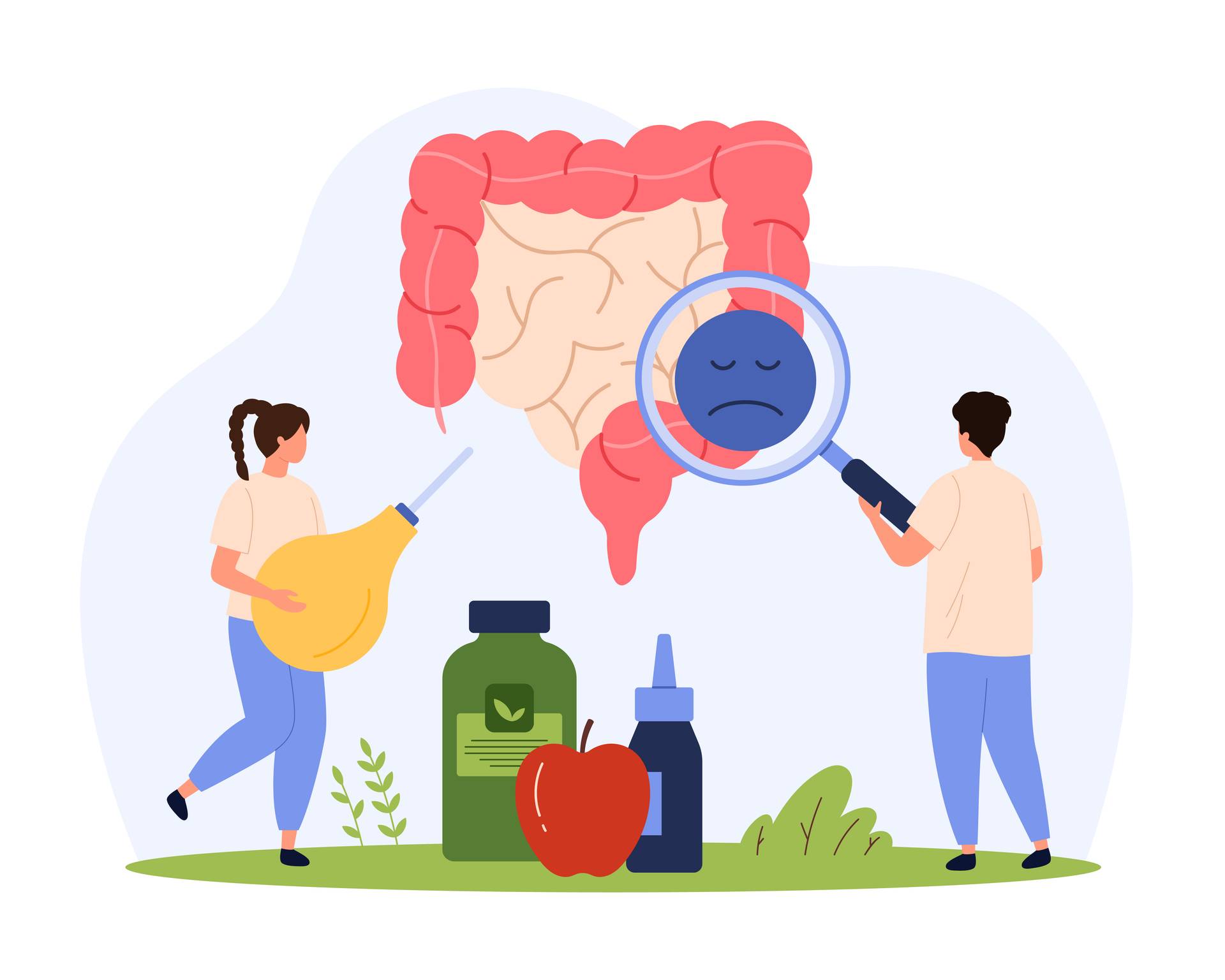

What Is Constipation?
When stool remains in the colon for too long, it can cause increased pressure on the bowel, leading to abdominal cramping and bloating. Bowel movements might occur infrequently, resulting in hard, lumpy, dry stool that resembles either many small pellets or one solid, hard, sausage-shaped piece. This is what we commonly refer to as constipation.
Role of Gut Microbiome in Constipation
People suffering from constipation show a dysbiosis in their gut microbiome. There is a reduction of the beneficial bacteria that produce helpful substances like butyrate and lactic, and an increase in harmful bacteria that produce methane. The diversity of the gut microbiome, which is a crucial parameter, is also lowered in people with constipation. In contrast, the gut microbiome of healthy individuals has bacteria that can effectively carry out carbohydrate, fatty acid, and lipid metabolism.
What Causes Constipation?
- Changes to what you eat or your activities
- Changes to your daily routine, such as travelling
- Not drinking enough water
- Not eating enough fibre
- Eating a lot of dairy products
- Not being active
- Ignoring the urge to poop
- Stress
- Older age
- Intestinal obstructions
- Using a lot of laxatives
- Some medications, such as prescription pain medicines, antidepressants, antihistamines, some blood pressure medications, some anti-seizure medications, and iron pills
- Antacid medicines that have calcium or aluminium
- Eating disorders
- Irritable bowel syndrome
- Pregnancy
- Problems with the nerves and muscles in your digestive system
Symptoms of Constipation
- Having fewer than 3 bowel movements per week
- Difficulty passing stool
- Straining when passing stool
- Lumpy, dry, hard stool
- Abdominal pain and cramping
- Feeling bloated
- Nausea
- Loss of appetite
Treatment for Constipation
- Eat a high-fibre diet

Fibre adds bulk to stool and helps the stool hold fluids. These factors give stool the right shape and weight to move through the colon.
- Drink plenty of water

Drink water and beverages without caffeine. This keeps stools soft and prevents bloating and gas that can happen with increased dietary fibre.
- Exercise

Regular physical activity helps improve the movement of stool through the colon. Try to exercise most days of the week.
- Use lubricants

Lubricants such as mineral oil enable stool to move through the colon more easily. Use them under guidance.
- Stool softeners

Stool softeners such as docusate sodium (Colace) and docusate calcium allow more fluids to be drawn into the stool. Use them as per medical prescription.
What’s The Way Ahead?
Understanding the intricacies of your gut microbiome is paramount, as it plays a pivotal role in overall health. Taking a gut microbiome test can offer invaluable insights into its current state. By unravelling the microbial landscape within, you can pinpoint imbalances or deficiencies, allowing for tailored interventions such as dietary adjustments or probiotic supplementation. Armed with this knowledge, you can proactively nurture your gut and overall health.